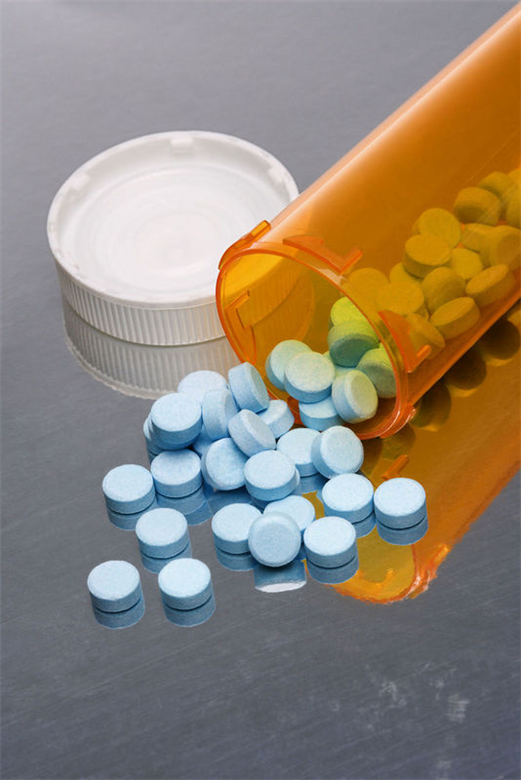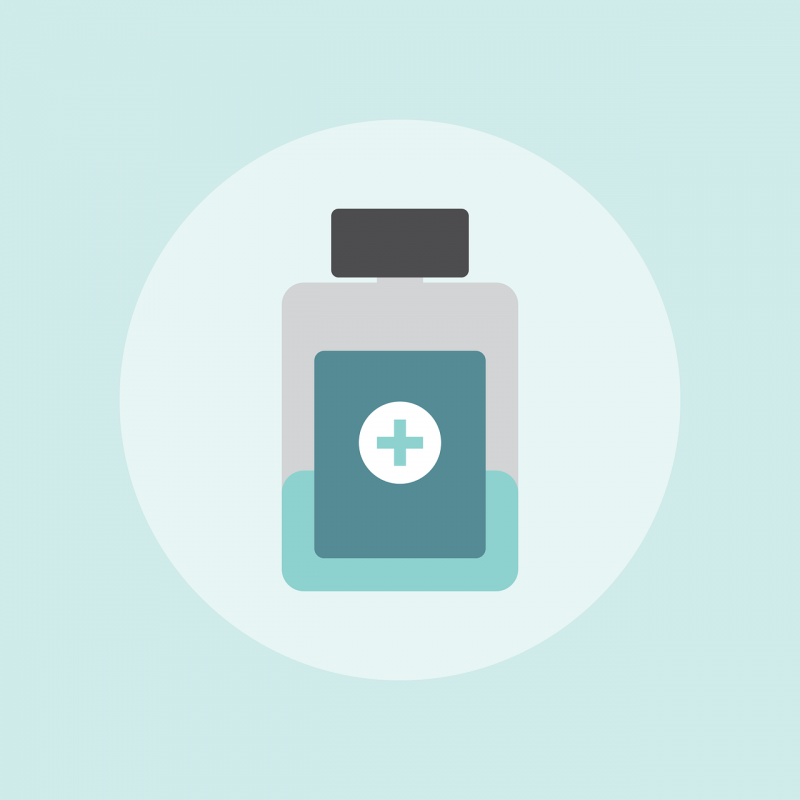Dr. Kevin Campbell goes into detail in this fantastic write-up about rising prescription drug costs. He covers the rising costs of insulin as well, which is something we also discussed here. His diligent research has afforded us the insight that according to the U.S. Drug Accountability Office, the sales of prescription drugs have increased from approximately $500 billion to $700 billion. Profits have risen as well along with those sales. So, it is not as if the margins have become less favorable due to market conditions, make no mistake, pharmaceutical companies are laughing all the way to the bank in some cases.
This begs to question, just how necessary is it to purchase brand name prescription medications over generic? When it comes to health, we cannot afford to make ill-informed decisions. With this article, we hope to outline some basic facts about generic and brand name medications, and if there are any differences worth the price.
Why are Prescription Medication Prices Rising?
This is a question I wished to address first before diving into any differences. This is an incredibly complex topic tied into the legislature of healthcare and the evasiveness and drive that drug manufacturers have—like all businesses, to stay afloat and generate profits.
How Much are Prescription Drugs Really?
The interplay between insurance companies and drug manufacturers has long been a tenuous one. Without favorable copays, customers will take their business elsewhere. In the insurance game, a company cannot stay afloat without a base of people willing to pay and offset the cost of care that a small portion of customers will end up needing to utilize. If the basic experience of having insurance is not comparable to other companies, the model falls apart, like with most companies when faced with competition.
As a result, copays are a fixed amount—a selling point for insurance plans. The copay remains fixed as best as possible regardless of the cost of the medication. This has allowed many drug manufacturers to periodically raise their prices and get them to market through various tactics. Naturally, insurance companies are not willing to bear the brunt of volatile cost changes and so they must also adjust their coverage strategies to remain competitive with other insurance companies.
What does all of this amount to? The consumer paying for it somewhere along the line. In other words, it is rarely ever clear what a drug actually costs. Without this information being apparent, it’s hard to protest or stymie the rising cost of drugs until they are flat-out unaffordable. This results in many under-insured Americans to seek out patient assistance programs straight from the manufacturer, who would rather offer selective discounts to those in need rather than lose them to a competitor who is willing to do so.
The Cost of Developing Prescription Drugs
Brand name medications are expensive for various reasons, the biggest contributing factor is that for many medications, the brand name version was one of the first of its kind or paved the way for generics. What this really means is that the expensive clinical trials and research and development that goes into developing a drug, putting it out into test-markets, and verifying its safety with the FDA through research is a highly costly endeavor. This is often why many drugs are patented and do not have a generic counterpart. It is to offset the enormous time and financial investment required to produce a new and effective drug for any particular condition or illness.
Should You Purchase Generic or Brand Name Prescription Drugs?

We discussed earlier how consumers often pay the price for any changes in the chain of business for drugs. Generic medications tend to be significantly cheaper than brand name, by about 75-85% as an estimate.
According to the FDA, this is due to the simple fact companies providing generic versions do not have to foot the cost for expensive clinical trials that brand makers must. Also, by their definition, to meet FDA approval, generics must meet the following criteria:
- The active ingredient must be the same as that of the brand name version.
- The generic medicine must be the same strength
- It must be consumed the same way (oral, injectable, etc)
- It must last for the same amount of time (storage)
There are a few other requirements, but those are the pertinent ones.
That answers the question of whether generics are essentially the same product—they are. They have the same chemical makeup and effectiveness as their brand name counterparts and are equally as rigorously investigated by the FDA.
When Should You Purchase Brand Name Medications over Generic?
Still, there are some situations where brand name medications are worthwhile. If you are receiving a steep discount through a prescription assistance program, you are receiving any benefits a brand name may confer for a considerably cheaper price.
In the treatment of any illness or condition which requires precise dosing, the brand name prevails. While generics may have the same strength, that does not mean that the exact consistency of each pill will match the brand-name variety.
One such example of this is for those who suffer from thyroid-related problems. Levothyroxin is the third most prescribed medication in the US, maintaining a balance of thyroid hormones requires continual testing. The difference—even between different manufacturers of generic levothyroxine, can produce noticeable effects in those with higher doses where a mere 5% inconsistency can result in a 5mcg or greater difference day-by-day, for many months. This is also often the case with medications that require a fine-tuned dosage such as blood thinners and anti-epileptics.
Brand Name Medications Through Patient Assistance Programs
Whether you choose generic or brand name is a trivial decision in the grand scheme of things if you are unable to afford medications in the first place! Drug manufacturers know this, and they offer PAPs (prescription assistance programs) to those who are lacking coverage
Rx Solution has worked to create a space in which uninsured and underinsured Americans can come to understand that their situations are not without hope. If you cannot afford a prescription medication that is critical to your wellbeing, visit us at the Rx Solution! We have helped thousands of customers who needed assistance understanding and applying for the often labyrinthian applications that drug manufacturers expect the sick and/or elderly to fill out alone. Our experienced team will gladly walk you through all of the steps and you will stand the best chance of your application being approved as quickly as possible.
Contact us here to get started today!

